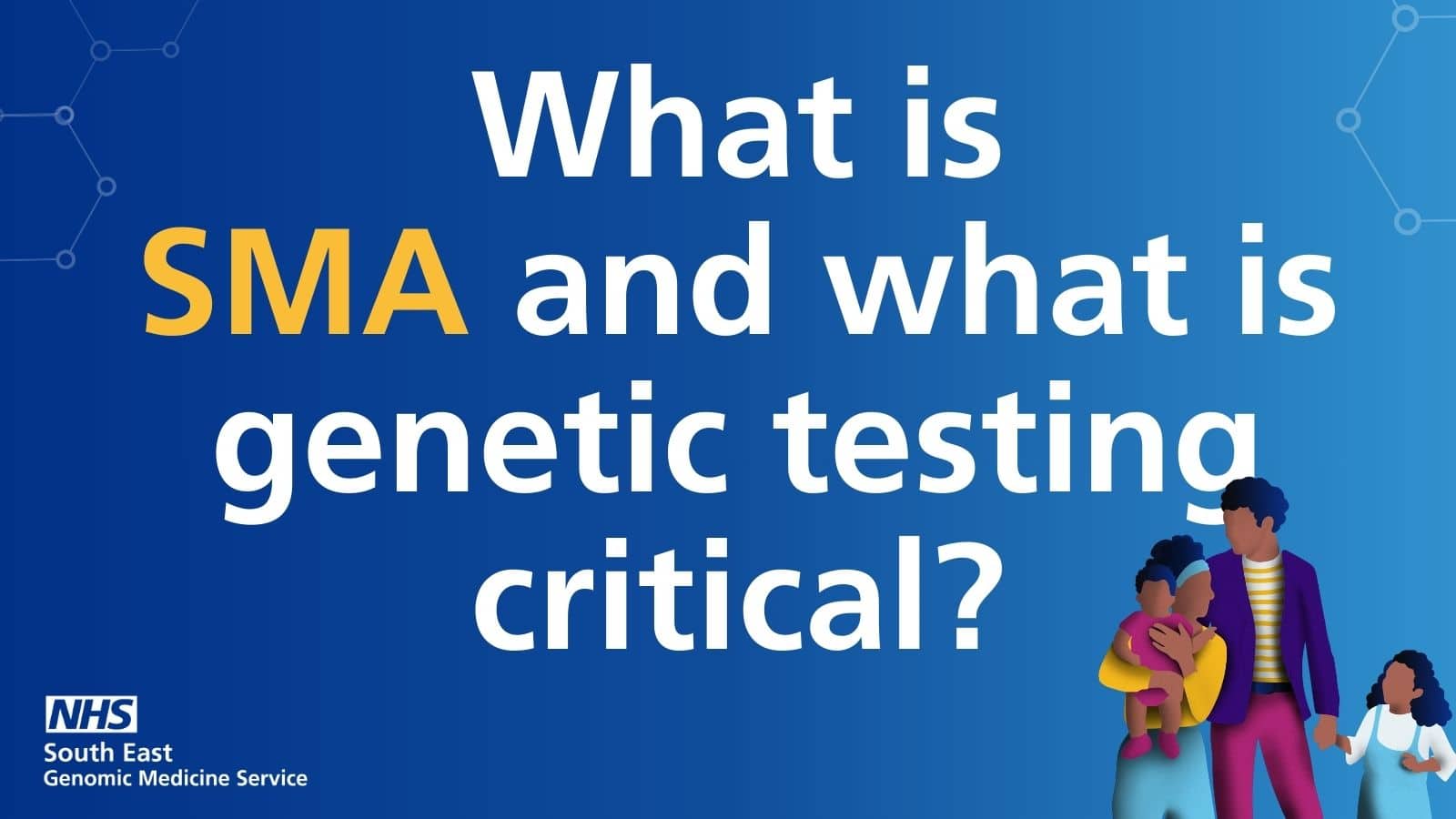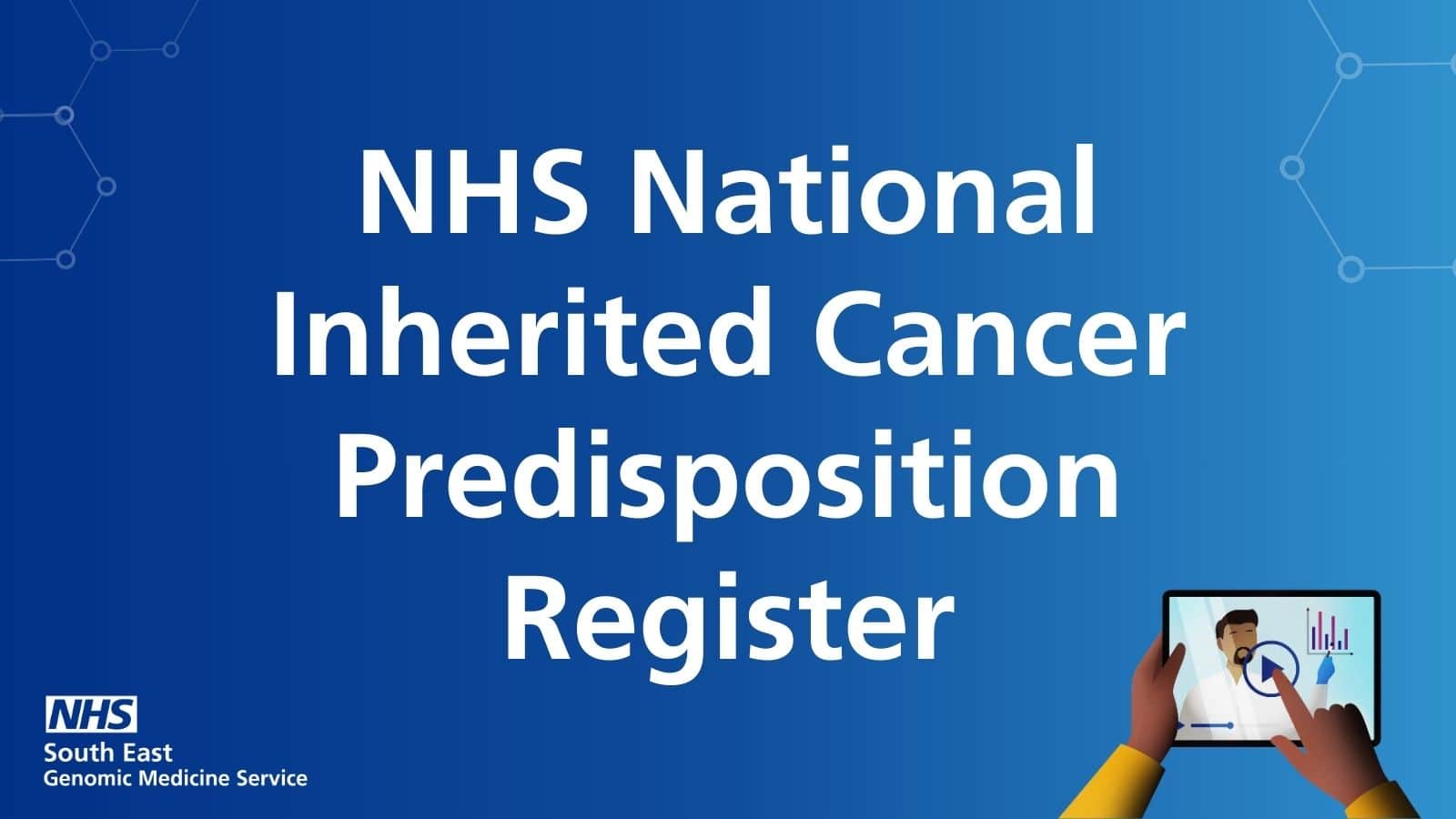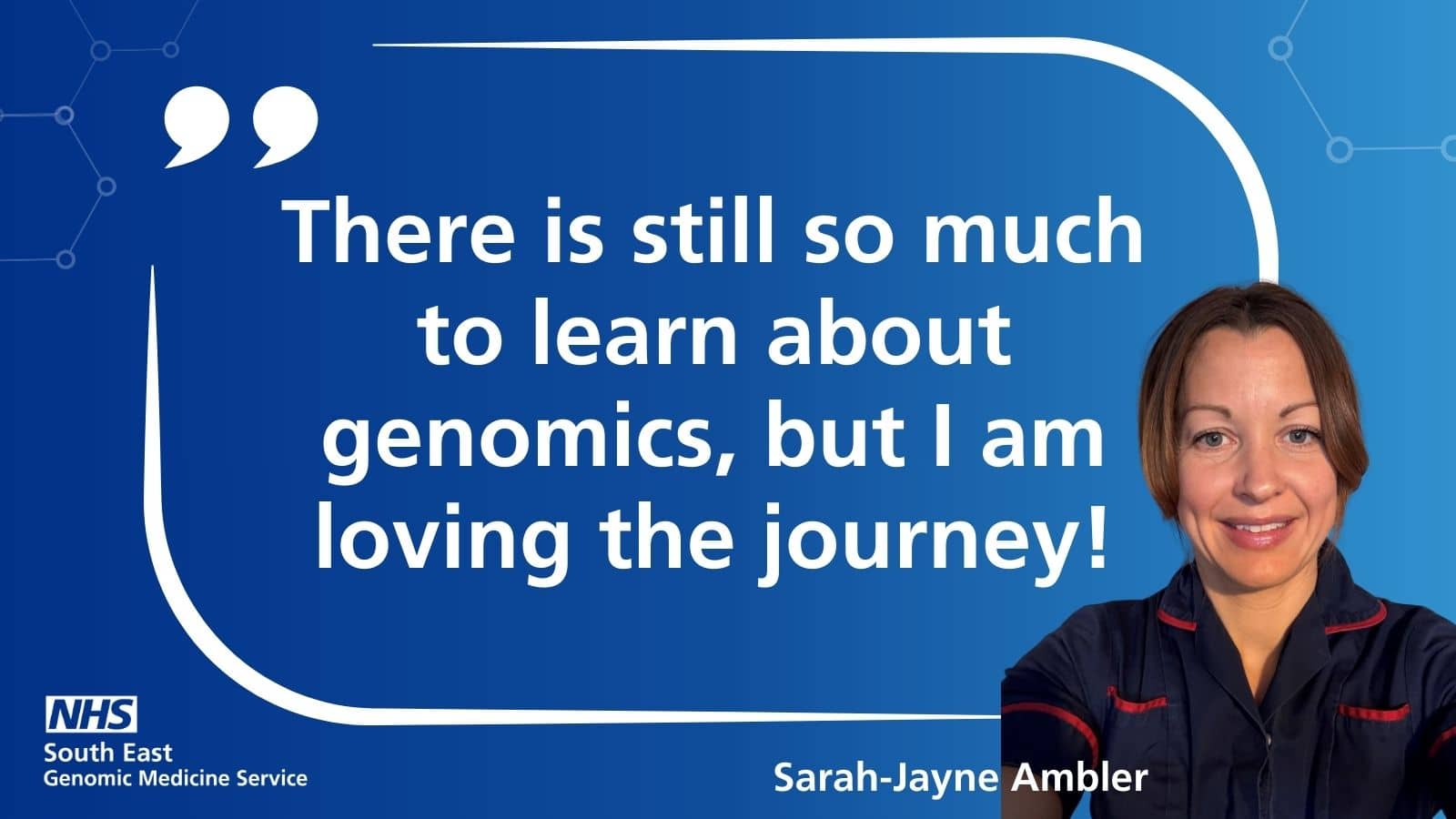NHS first in world to roll out ‘revolutionary’ genetic blood test for lung cancer diagnosis

15,000 people with suspected lung cancer are to benefit from a “revolutionary” blood test on the NHS across England which can speed up access to targeted therapy.
The new ‘liquid biopsy’ test can help fast-track lung cancer patients to receive targeted therapy up to two weeks earlier, while helping some avoid further tests and treatments including chemotherapy.
The move will see the NHS become the first health service in the world to roll-out a ‘blood test-first’ approach to diagnosing suspected lung cancer, with the test to be used before traditional tissue biopsies.
Circulating tumour DNA
The test, which is known as circulating tumour DNA test or ctDNA, detects tiny fragments of DNA which can shed from a cancerous tumour into the blood. That test is now freely available on the NHS for the 15,000 people across England who are tested for lung cancer each year meaning they can avoid a traditional biopsy and get their results up to two weeks earlier.
The news follows a pilot study with 10,000 patients to explore the feasibility of offering a national ctDNA test to speed up lung cancer diagnosis.
Outputs from the pilot study have shown that the testing not only means that genomic results can be returned much earlier (approx. 2-3 weeks), but an independent health economic assessment also concluded the test could contribute net savings of £11 million per year for the NHS.
Now eligible patients from across England will all have access to the test making the NHS the first healthcare service of its kind to offer liquid biopsy to diagnose lung cancer.
How the testing works
Cancerous tumours often release fragments of their DNA into the bloodstream (known as circulating tumour DNA) that through a liquid biopsy test can be sampled to identify key genetic drivers of the tumour.
Traditionally, a tissue biopsy is used to confirm both a histological diagnosis of lung cancer and genomic profiling results. However, results from the genomic test can take several weeks to be returned, long after the biopsy confirms a cancer diagnosis, during which time patients’ health may deteriorate considerably. This means patients are often immediately prescribed standard chemotherapy treatments as soon as the biopsy confirms a diagnosis, even if targeted treatments could be available.
Liquid biopsy testing will now be offered alongside the tissue diagnostic pathway. When patients with suspected stage 3 or 4 lung cancer first see a hospital doctor, they will be offered the liquid biopsy testing alongside current tissue testing. This means key genetic changes in the cancer can be identified much faster and patients can access treatments earlier in the pathway, sometimes even before the tissue biopsy is taken.
The targeted treatments can significantly improve quality of life for patients, improving survival and reducing unwanted side effects.
Professor Dame Sue Hill, Chief Scientific Officer for England, said:
“This represents a real step-change in care for eligible lung and breast cancer patients on the NHS. The liquid biopsy testing enables genomic mutations in the fragments of cancer that enter the blood stream of these patients to be detected. This testing is transforming care and helping clinicians match patients earlier especially when cancer tissue may not be available with potentially life-extending targeted therapies rapidly and with greater precision.
“This test is a great example of the NHS harnessing the power of genomic technological advances to enable the latest groundbreaking treatment to be delivered to patients.”


